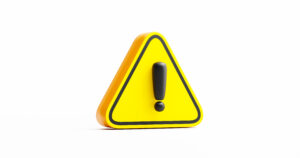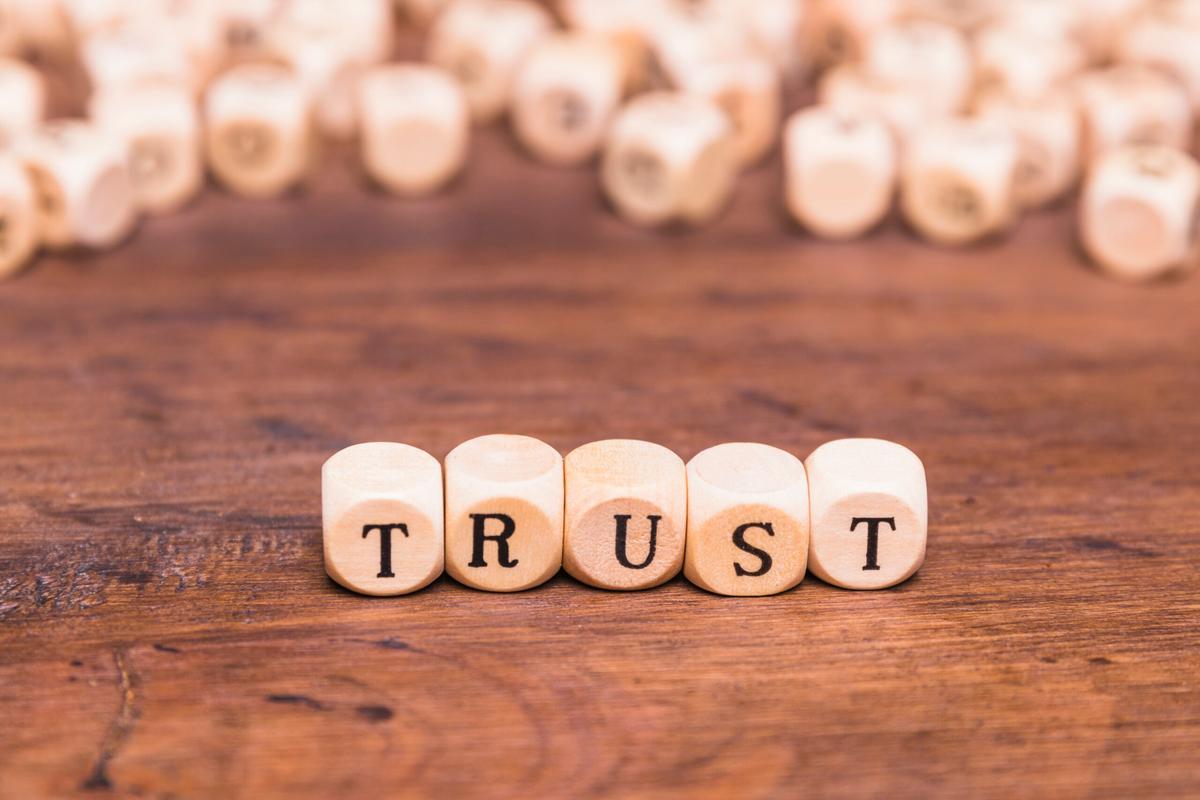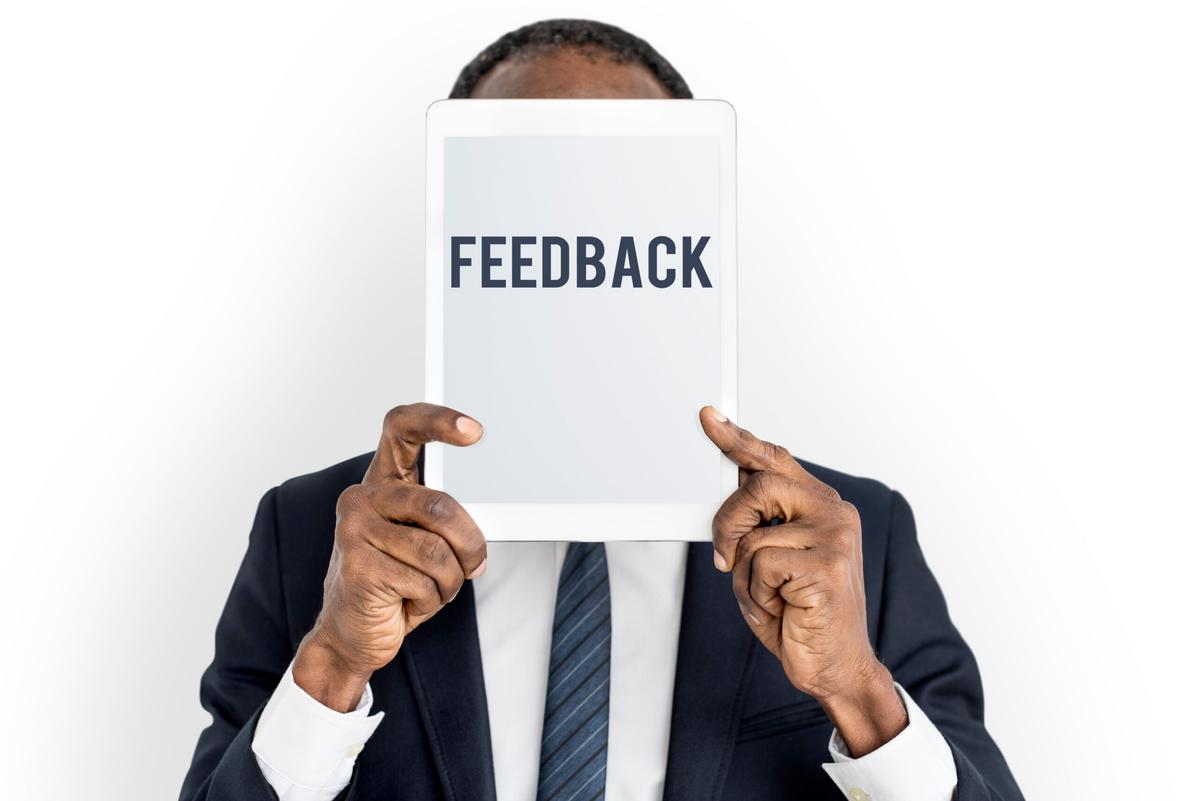Ethical Guidelines for Market Research in Nigeria: What You Should Know

Market research is one of the most powerful tools for businesses today. From tech startups testing a new app to consumer brands gauging product demand, following proper market research rules helps companies understand their customers and stay ahead of competitors.
However, collecting data comes with serious responsibilities. Ethical market research rules are designed to protect participants, maintain fairness, and ensure the information gathered is accurate and trustworthy.
In this guide, we’ll explore the key market research rules every brand and agency should follow to conduct surveys, interviews, and studies responsibly.
.

1. Understanding the Importance of Ethics in Nigerian Market Research
Before diving into the specific ethical market research rules in Nigeria, it’s important to understand why ethics matter.
-
Trust and credibility: Nigerian consumers are becoming more aware of data privacy and how companies use their information.
-
Legal compliance: Nigeria has regulations like the Nigeria Data Protection Act (NDPA) and the NCC’s consumer code of practice that require researchers to protect participant data.
-
Quality data: Ethical practices encourage honest feedback, which improves the accuracy of research results.
When brands prioritize ethics, they not only follow the law but also create a foundation of trust that supports long-term success.
2. Obtain Informed Consent
One of the most important ethical market research rule is obtaining informed consent.
This means respondents must:
-
Know the purpose of the research.
-
Understand how their data will be used.
-
Agree voluntarily to participate.
Whether you’re running an online survey or a physical focus group, always provide a clear explanation and ask participants to confirm their understanding before collecting any information.
3. Protect Respondent Privacy
Privacy is a growing concern in today’s digital economy. To adhere to ethical market research rules, researchers should;
Suggested read: Tools for Collecting Reliable User Feedback in Nigeria : 7 Top User Testing Feedback Nigeria Tools
-
Avoid collecting unnecessary personal details.
-
Use secure platforms with encryption for online surveys.
-
Store data safely and limit access to authorized staff.
-
Anonymize responses where possible.
Protecting privacy shows respect for participants and builds trust in your brand.
4. Be Transparent About Incentives
Many Nigerian market research projects offer incentives such as airtime, gift cards, or cash rewards.
To comply with ethical market research rules :
-
Clearly state the type of incentive and how it will be distributed.
-
Avoid misleading participants with fake rewards.
-
Deliver incentives promptly after participation.
Transparency about incentives prevents disputes and reinforces your credibility.
5. Avoid Deception or Misrepresentation
Some researchers might be tempted to conceal their identity or purpose to gather more data. However, ethical market research rules strictly prohibit deception.
-
Always identify yourself or your organization.
-
Be honest about the survey’s purpose.
-
Never use market research as a disguise for sales pitches.
Deception not only breaks ethical standards but can also damage a brand’s reputation.
Suggested read: The Cost of Running Market Research in Nigeria in 2026
6. Ensure Voluntary Participation
Participation in market research must always be voluntary.
-
Respondents should be free to decline or withdraw at any time without penalty.
-
Avoid using pressure tactics or making participants feel obligated.
Respecting free choice is a core principle of ethical market research rules and ensures participants provide genuine answers.
7. Minimize Harm and Discomfort
Some research topics such as health, finances, or politics—can be sensitive.
To follow ethical market research rules, researchers should:

-
Avoid offensive or intrusive questions.
-
Provide trigger warnings for sensitive topics.
-
Offer support resources if the topic might cause distress.
Protecting the emotional well-being of respondents is just as important as protecting their data.
8. Use Data Only for Stated Purposes
Another key guideline in ethical market researc is purpose limitation.
-
Data collected for a specific study must not be reused for unrelated purposes without new consent.
-
Selling respondent data to third parties without permission is unethical and illegal.
By sticking to the stated purpose, researchers show respect for participant expectations.
9. Ensure Accuracy and Honesty in Reporting
Ethics don’t stop at data collection, they extend to analysis and reporting.
-
Present findings truthfully, even if results are unfavorable to the client.
-
Avoid manipulating data to fit a narrative.
-
Provide clear explanations of research methods and limitations.
Honest reporting strengthens trust between researchers, clients, and participants.
10. Follow Nigerian Legal Frameworks
To remain fully compliant, researchers must stay updated on relevant Nigerian laws and professional codes.
Key regulations include:
-
Nigeria Data Protection Act (NDPA): Sets rules for how personal data is collected, stored, and processed.
-
Nigerian Communications Commission (NCC) Consumer Code of Practice: Protects consumer rights in telecom-related surveys.
-
APCON and NIMR Guidelines: Provide industry-specific ethical standards for advertising and research.
Following these legal requirements is a non-negotiable part of ethical market research .
11. Train Research Teams on Ethics
Even the best policies mean little if staff are not trained.
Brands should:

-
Educate team members about ethical market research rules.
-
Provide regular workshops on data privacy and consent.
-
Create internal reporting systems for ethical concerns.
Well-trained teams are more likely to maintain high ethical standards in every project.
12. Engage Local Communities Respectfully
Nigeria is a diverse country with different cultures and traditions.
To respect this diversity:
-
Use language that is clear and culturally appropriate.
-
Avoid questions or methods that could be offensive in specific regions.
-
Seek input from local leaders when researching sensitive topics.
By following ethical market research practices such as gaining consent and ensuring accuracy, brands build trust, credibility, and community respect.
13. Handle Children and Vulnerable Groups Carefully
Research involving minors, the elderly, or other vulnerable populations requires extra caution.
-
Obtain consent from parents or guardians for minors.
-
Use age-appropriate questions.
-
Ensure participation will not cause harm or exploitation.
One key part of ethical market research is ensuring vulnerable groups are protected throughout the process.
“Practical Example: Applying Ethical Rules in Market Surveys
Imagine a fintech startup in Lagos conducting a nationwide survey on mobile payment habits. To comply with ethical market research rules, the company should:
-
Use a secure survey platform with SSL encryption.
-
Clearly state the purpose of the study and how data will be used.
-
Obtain consent before asking for personal financial habits.
-
Offer airtime rewards promptly after completion.
-
Share a summary of findings with participants if promised.
This approach not only protects respondents but also improves the quality of data collected.
Key Takeaways
Ethics in market research is more than a legal requirement it’s a strategic advantage.
By following this rules, brands can:
-
Gain honest, high-quality data.
-
Strengthen trust with participants and customers.
-
Avoid legal penalties and public backlash.
Whether you’re a startup conducting your first survey or a multinational company running large-scale research, these rules should guide every step of your project.
Final Thoughts
Nigeria’s market research industry is growing rapidly, but trust and transparency will define the winners.
By following ethical market research practices, from securing consent to ensuring accuracy, brands build credibility and long-term consumer trust.
By applying these guidelines consistently, businesses can collect valuable insights while protecting participants and safeguarding their own reputation.
In a world where data drives decisions, ethics are the key to sustainable growth.
Related Posts

Tools for Collecting Reliable User Feedback in Nigeria : 7 Top User Testing Feedback Nigeria Tools
Whether you’re building a mobile app, e-commerce website, or digital product, collecting user feedback is critical to success.But many Nigerian […]

How to Build Trust with Survey Respondents in Nigeria: 10 Practical Tips
In today’s data-driven world, surveys are one of the fastest ways for Nigerian brands to understand customer needs. Whether it’s […]

Product Feedback Ideas in Nigeria – 5 Proven Ways to Perfect Your Prototype Before Launch
Launching a new product in Nigeria is exciting but also risky. Without early product feedback, many startups build what they […]
